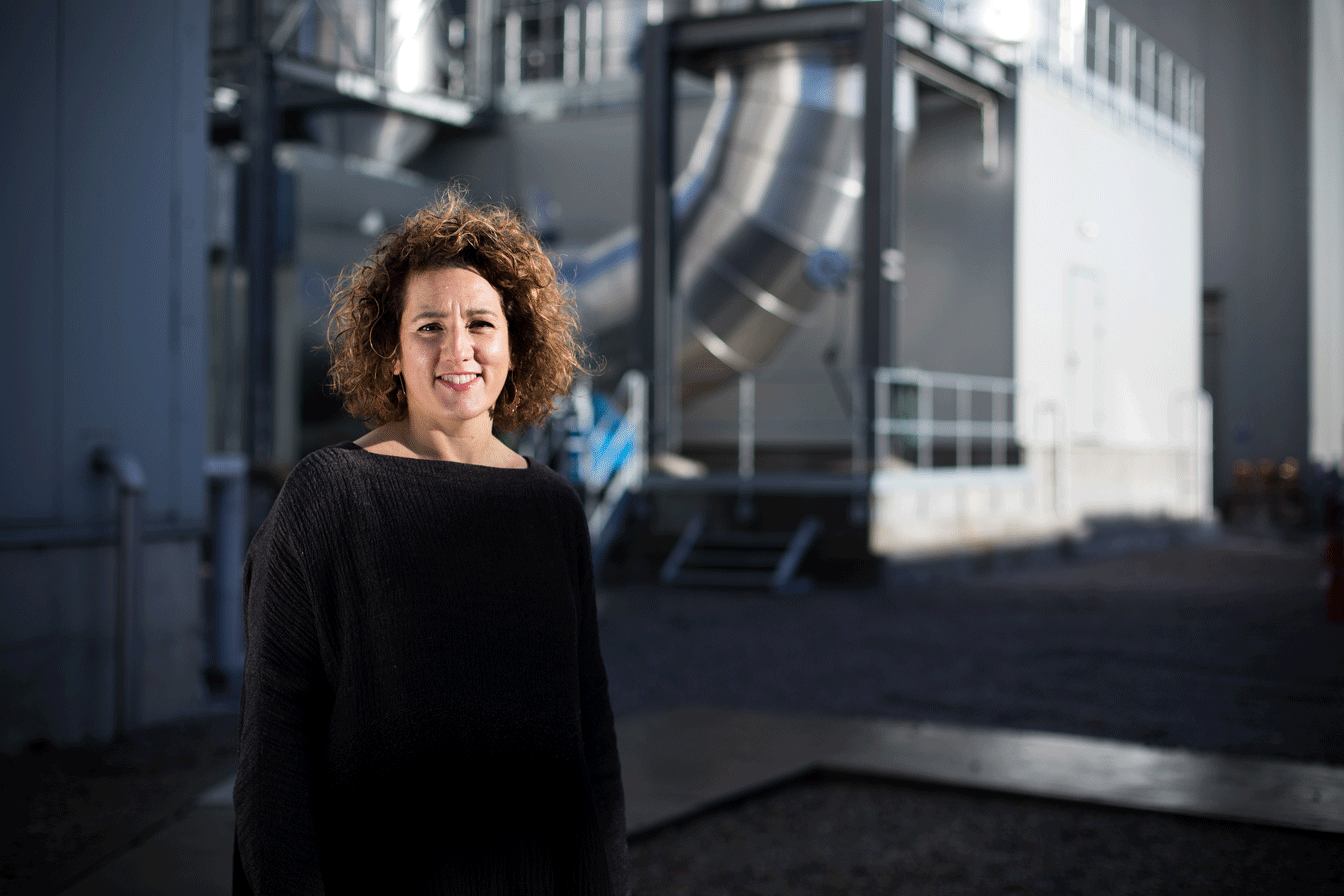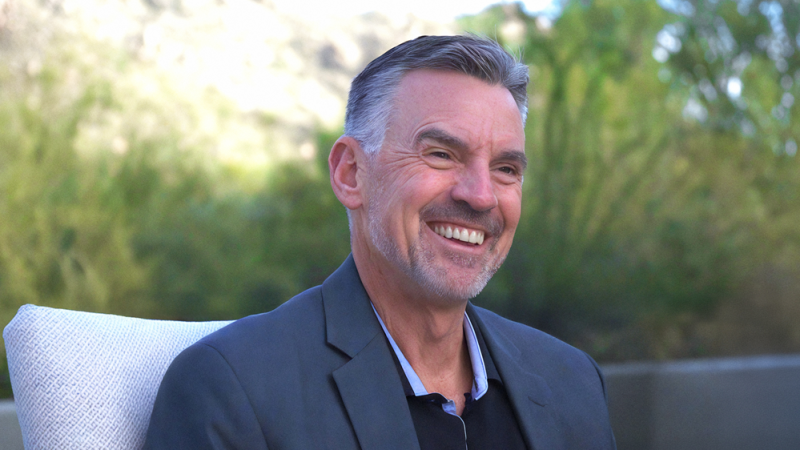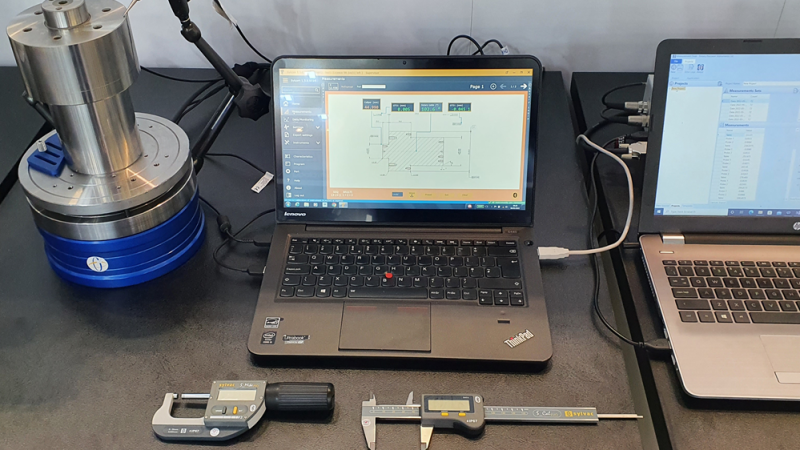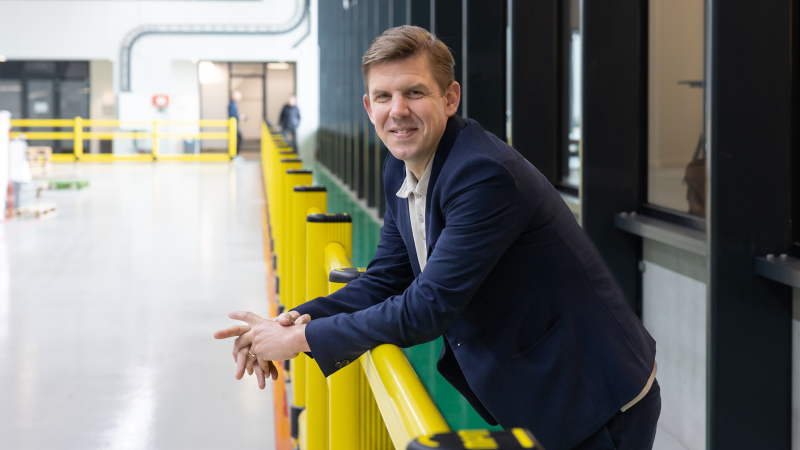Sedamyl UK, based in Yorkshire, is a British subsidiary of the Italian group that is a leader in its sector – its focus on constantly improving the quality of its products has made Sedamyl one of the main suppliers of ingredients for the food and beverage, paper and board, green chemistry and animal nutrition industries. The company is also recognised by the leading spirits companies for the high quality of its neutral grain alcohol which is produced both in the UK and Italy.
Sedamyl draws on a decades-long history. Elena Frandino, member of the third generation of the company’s owners and the Managing Director of the UK branch, says: “The family business was started by my grandmother, when we acquired the distillery in 1961, and it was later significantly developed by my father and uncle.” For many years, the company had grown within a joint venture with a multinational group but in 2019 the family bought their shares back. “Bringing the business back into our hands was a major milestone,” says Ms Frandino, pointing out that as most of our competitors in the sector are large multinational groups, being a family business, highly flexible and with a fast decision-making process, is one of the aspects that make Sedamyl different.
“The family is involved in the day-to-day management of the company, we are present on-site, and we have direct contact with the people who work for us. This allows us to be very responsive to the needs of the business, which has proved to be a significant advantage, especially during the last few challenging years.”
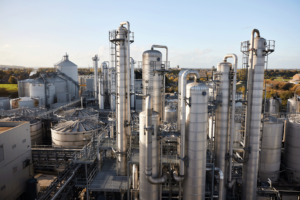 Sustainable business
Sustainable business
She further explained that the company traded with the UK for many years, so establishing a subsidiary in the British market, still under the joint venture, was a logical step. The plant, opened in 2012, was first made into Sedamyl’s UK base for potable alcohol production but today has a much wider portfolio – the processing facility converts wheat into high-quality products, including starch, gluten, bran and grain neutral spirit for the food and drink industry.
Sedamyl is committed to ongoing research and development to ensure its products always meet the new needs of consumers; the latest innovations include for example Sedadry, a range of dehydrated glucose syrups, allowing for 30% reduction in sugar.
“We aim to develop a farm-to-customer strategy: thanks to the activities within our Group, we are directly involved in sourcing high-quality crops cultivated using sustainable agricultural techniques, such as organic agriculture. To promote sustainable practices within each step of the supply chain, our group also directly controls the transportation of raw materials. This farm-to-customer approach also helps us guarantee full traceability from raw materials to final products.”
Sedamyl has been investing in cutting-edge manufacturing technology to improve sustainable practices. “Our manufacturing plant is located in Selby, North Yorkshire, one of England’s largest wheat regions. This means we can source all of our wheat from local suppliers. As a result, all our raw materials are from within a 50-mile radius of our production facility, which has reduced our transport impacts to a minimum.”
She further points out that as for all companies today, sustainability is a big topic for Sedamyl. “We are quite an intensive energy-using business, we use a lot of electricity as well thermal energy in our process and we are very much focused on thermal recovery and energy waste avoidance. Our efforts are not only cost-driven, but also sustainability-driven.”
Doubling capacity
The company has recently significantly enhanced its position as a leading and sustainable supplier with a major expansion of its Selby facility. “We have spent over £100 million over the last two years, doubling potable alcohol production but also adding a new family of products – the liquid sweeteners like glucose and dextrose. We valorise all the elements of wheat – the main one is starch but there are others, such as gluten – meaning that there is basically no waste from the raw material.”
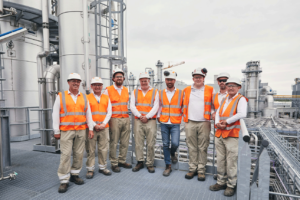 The expanded facility now employs 150 people, three times as many when compared to the business beginnings in 2012, and Mrs Frandino points out that just in the last 18 months 70 new people have joined the company. “Recruiting such a great number of people has been a challenge, as finding certain competencies in a very tight labour market is not easy. Luckily, we have now reached a point where we have a solid structure in place and we can focus on developing our employees. That is very important to us – the best technology in the world means very little without the right people.”
The expanded facility now employs 150 people, three times as many when compared to the business beginnings in 2012, and Mrs Frandino points out that just in the last 18 months 70 new people have joined the company. “Recruiting such a great number of people has been a challenge, as finding certain competencies in a very tight labour market is not easy. Luckily, we have now reached a point where we have a solid structure in place and we can focus on developing our employees. That is very important to us – the best technology in the world means very little without the right people.”
Speaking about the future, she explains that consolidating this rapid growth will be the main focus for the UK business. “Having recently integrated 70 new people into the business, it is important to make sure that all work to the same kind of culture that we try to foster, and this will take some time. Also, starting the new production line will require some time to get it right to achieve the volumes we are aiming for. We have always done business in a prudent way before making the next step, making sure we develop on a sound and strong foundation, and this will also apply to our latest expansion.”
She emphasises that as a family business, it is the long-term success of the business that is the priority for the owners, and the third generation that has now taken the lead is very much aware of the responsibility. “The business is set to grow, but we have to find the right balance between business growth and stability. That will be our focus in the coming months.”
